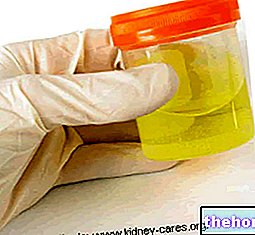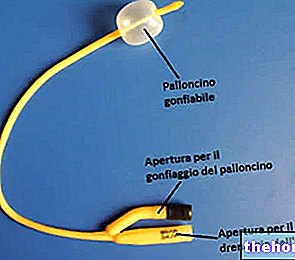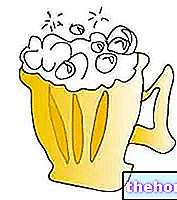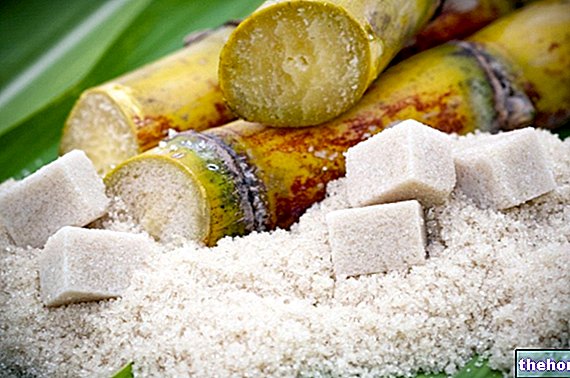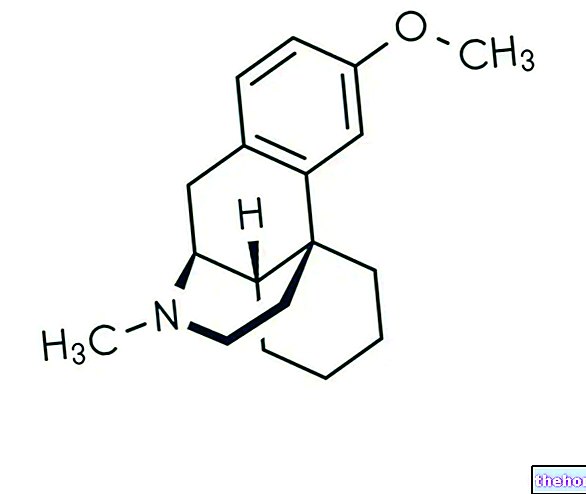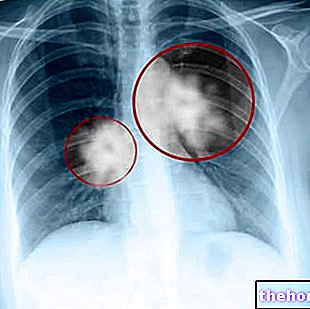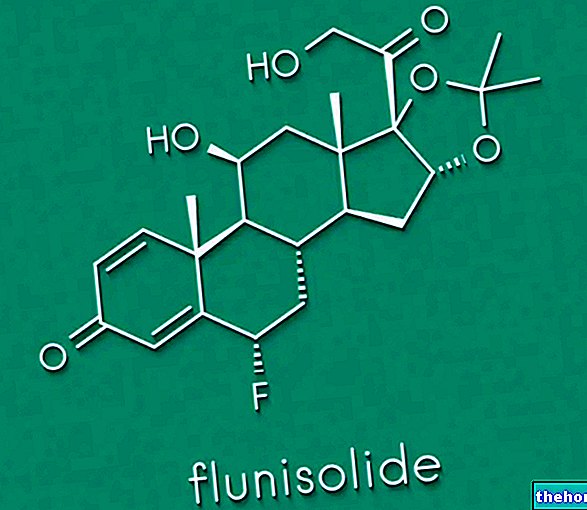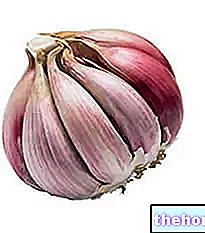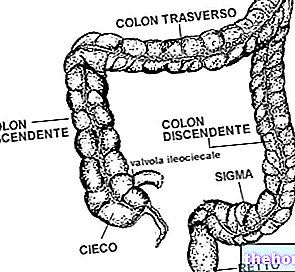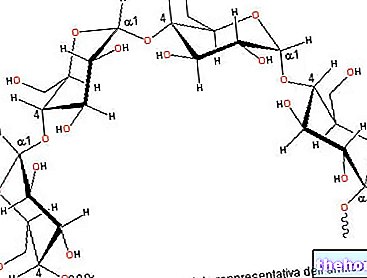What is pyelonephritis
Acute pyelonephritis affects the kidney and the renal pelvis, and typically manifests itself as an impairment of general health. Therapeutic management of the disease is based on hydration and antibiotic therapy, in order to eliminate the condition favoring renal infection; in the most serious forms, hospitalization is required.

Prevention
The first form of prevention of acute pyelonephritis is based on the following actions:
- therapy, capable of eradicating any urinary infection that arises acutely;
- elimination of any obstructions to the outflow of urine (kidney stones, strictures ...);
- correction of vesicoureteral reflux;
- limitation of other predisposing factors.
In women with at least three symptomatic infections over the course of a year, prophylactic treatment with an oral antibiotic should be considered: a low dose can help eliminate the incidence of any recurrent infection. For children, the current guideline reserves antibiotic prophylaxis only for those who are at highest risk of complications (example: evidence of vesicoureteral reflux, recurrent infections or the appearance of kidney scarring). Reducing the risk of pyelonephritis is possible , paying attention to some details:
- Take care of daily hygiene, to avoid the entry of bacteria and to prevent the spread of bacteria from the perianal region to the vaginal vestibule and urethra. Avoid the use of products in the genital area, such as sprays deodorants or douching which may cause irritation.
- Catheters: in the particular situation in which it is necessary to use these devices it is important that the necessary safety measures are respected during regular replacement and handling. In addition, the area around the catheter should be monitored and cleaned frequently.
- Kidney stones: in patients with kidney infections, these aggregations of mineral salts are often found. The execution of a specific examination and the visit to a urologist can allow the most accurate assessment of the case and prevent any recurring infections.
- Drinking plenty of fluids, especially water and cranberry juice - can help remove urinary tract bacteria by increasing the frequency of urination. Coffee and alcohol should be avoided, as they can aggravate the urgent need to urinate and promote dehydration.
- Urinating frequently: avoid holding back urination when you feel the need to urinate; Furthermore, it is important to empty the bladder immediately after sexual intercourse, as this favors the removal of any bacteria that may have been introduced during sexual activity.
In people suffering from recurrent urinary tract infections, further investigations may identify an anatomical-functional abnormality. Occasionally, surgery is required in such patients to reduce the likelihood of recurrence. Regarding nutrition, there is no specific diet to follow. In cases of acute pyelonephritis it is important to note that some symptoms, such as nausea and vomiting, create conditions of poor appetite and can contribute to dehydration or a state of weakness, as it can be difficult to maintain adequate nutrition. American cranberry juice has been studied as a prophylactic measure: many studies suggest the distinct benefit of its ingestion.
Increasing the intake of liquids, the consumption of cranberry juice and dairy products containing probiotic bacteria have been shown to be effective in directly or indirectly inhibiting the infection and / or adhesion of bacteria to the epithelial cells of the urinary tract , reducing the recurrence rate of infections in the urinary tract and renal system.




